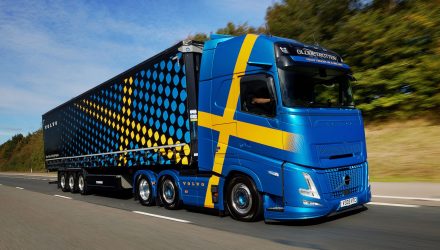Providing car benefits for corporate employers has never been more complex. They’re faced with a polarised tax system, operational, practical and environmental conflict, as well as a wide range of employee demands and employer compliance.
Well-designed employee car schemes need to take all of these factors into account, as well as take note of prevailing legislation and regulation. Following the issue of draft legislation relating to Employee Car Ownership Schemes (ECOS), providers need to ensure that all aspects of the car benefit offering remain compliant.
Government policy would appear to be at odds with supporting the UK automotive industry and out of sync with the statements following the Autumn Budget 2024. In those statements the Government appeared to set out to combat contrived car schemes, such as those featuring zero interest rates, no fixed loan repayments or even no formal loan documentation. The draft legislation doesn’t focus on any of these aspects, neither does it concentrate on short-cycle schemes, which were thought to be a concern to HMRC. Despite these facts, it’s important to get into the detail and review what it does include.
Firstly, following consultation with key stakeholders including Car Benefit Solutions (CBS), the proposed changes won’t come into effect until 6 October 2026. This means that for employers and employees who participate in an ECOS there’s no requirement to make changes before this date.
Secondly, the legislation doesn’t stop the sale of a new vehicle to an employee or prevent them from being provided with an associated loan. This means that there is clarity and clear direction towards the future design of car schemes.
Under current corporate sector ECOS the employee pays for the depreciation, financing and running costs for most of the vehicle’s economic life – normally four years – from their net pay.
Paul Taylor, Managing Director at CBS says: “After reviewing the legislation we believe that HMRC has focused solely on ECOS within the automotive industry and forgotten about the many corporate fleets who provide ECOS to their employees. Taking things to an extreme, under the draft legislation, it appears that if an employee purchased a car on a 10-year credit sale agreement and repaid 99.99% of its value from net pay, a £1 repurchase option would mean company car tax would be payable for the full term.”
While such an extreme example isn’t expected to be the intention of the Government, this highlights the importance of assessing the finer details. Paul Taylor continues: “Our purpose is to provide every customer with a rewarding, value-adding car scheme, regardless of vehicle type or employee status. CBS firmly believes that all elements of the draft legislation can be complied with going forward and we’re now finalising the next generation of employee car schemes.”
The new legislation doesn’t impact on arrangements such as traditional company cars or salary sacrifice schemes, both of which can contribute to a well-rounded employee car benefit.







